We had the chance to ask Gregg Daniel a few questions about his journey as an actor, and he shared some great insights. Known for his roles in shows like True Blood and his latest appearance in Joker: Folie a Deux, Gregg opened up about his experiences in Hollywood, what he’s learned along the way, and what keeps him passionate about his craft. With a career spanning theater, film, and television, he’s seen the industry evolve. His responses offer a down-to-earth perspective on life’s challenges and rewards as an actor.
1. Can you share some memories about your character in Joker: Folie à Deux?
In the film, I played the role of a music teacher, a position that resonated with my lifelong passion for music. At one point in my life, I aspired to be a professional musician, so portraying a music teacher in the film felt like the perfect fit. In the story, I use music as a means to heal and explore the psyches of my ensemble, which consists of patients in a mental hospital. It was truly wonderful to stand in front of the background actors, lead them in song, and witness their emotional reactions. I used both my body and voice to convey various emotions, shaping the nuances within the music. Being a music teacher allowed me to tap into my deep connection to music, and this experience reaffirmed its power as a tool for expression and healing.
2. Working with such a talented cast, including Joaquin Phoenix and Lady Gaga, what was your experience like on set? Did any moments stand out to you?
I was struck by how generous everyone was, especially Todd Phillips, the director who hired me. I felt a profound trust and faith from him—he believed I knew what I was doing. When we came together to work on a scene, it was a collaborative experience. Todd was clear about what he wanted, but he also allowed us the space to find it. His patience and trust in how we expressed our roles and the themes within each scene were invaluable.
One of the most memorable days on set for me was when the Academy Award nominations were announced. Brendan Gleeson, who played a sadistic prison guard in our film, was nominated for The Banshees of Inisherin, and Lady Gaga received a nomination for best original song. Joaquin Phoenix, of course, had won the Academy Award a few years prior for Joker. Being in a room with such talented Academy Award contenders was truly special. The atmosphere was one of genuine generosity and camaraderie. I was not only grateful but also thrilled for my colleagues whose work was being recognized. It was a wonderful experience. I thought, “Wow, what a remarkable achievement to receive an Academy Award nomination.”
3. Joker is known for its deep psychological themes. What do you think of the musical theme included in such a dark and twisted story?
I think it’s great! It’s almost the opposite of the songs you would expect in a movie like The Joker. A lot of the songs come from the Great American Songbook, creating a striking contrast with this dark, almost murderous, violent film. Additionally, I don’t think anyone anticipated that Joker: Folie à Deux would place such importance on music. While it’s not a musical, music is clearly a significant element throughout the film. It’s fascinating to see how Joaquin Phoenix and Lady Gaga interpret these classic songs and how that enhances their characters and the film’s themes. I thought it was wicked cool! It’s a unique approach to character development, using songs that we already know and have associations with. And, of course, whenever Gaga sang, it was just incredible. What a rockstar!
4. How did you approach developing your character, especially in the context of the film’s unique narrative style and tone?
I thought, “As the music teacher, how can music assist in their healing?” As a musician who loves music, I believe in its power as a healing force. I always based my role on how I could serve these individuals. How can music help mend the wounds of these damaged and tortured souls in the hospital? I viewed music as a therapeutic tool and saw my role as one of offering healing through music, alleviating their troubles.
5. Looking back on your career, what are some of the highlights or projects that you feel have defined you as an artist?
True Blood has to be up there; it was a wild ride for five seasons. Set in a world where vampires have “come out of the coffin” and live openly among humans in a small town in Louisiana, the characters navigate a complex world filled with supernatural beings, including werewolves, fairies, and witches. I played Reverend Daniels, but I would have loved to portray one of the vampires or werewolves! It was crazy to see everyone in makeup being transformed into their characters, especially when we’d be out in the woods shooting in Canyon Country and how cold it would be. I truly enjoyed that project.
And, of course, being on Insecure was a wonderful contrast in my career. Insecure follows a Black woman (Issa Rae) navigating her career, friendships, and romantic relationships in modern-day metropolitan Los Angeles. I played Yvonne Orji’s dad. So, going onto that set and watching these young BIPOC women and men define an era in contemporary times, face challenges, and respond to them is something I’ll always remember. I’ve been involved in many projects, but those two, in terms of contrast and what they offered me as an actor, made me feel very thankful and grateful to be in this profession.
6. How do you think your approach to acting has evolved over the years? Are there any specific influences or experiences that shaped your journey?
You know, as you get older and live more, you gain a lot of experience that you can bring to your characters. I teach sometimes at USC School of Dramatic Arts, and my students are young; they’re only 21—about the age I was when I first started. Over the years, you go through so many experiences and emotions: loss, pain, triumph, and ecstasy. These experiences grow your canvas. When you’re approaching a character who’s just lost his mom or spouse, or faced a tragedy or catastrophe, you draw on all your life experiences to bring that character to life. You touch on all those elements that define the human condition. I think my canvas has become much more resonant, richer, more complex, and deeper because I’ve lived this long. I’ve gone through and continue to experience the human condition, and it’s a wealth of experience that I can bring as an actor. The more experience you have, the more you can make your character unique and define who they are.
7. Every actor faces challenges along the way. Can you discuss a significant obstacle you encountered in your career, and how did you overcome it?
In one word: doubt. You often find yourself thinking, “Am I doing a good job?” First, there’s the desire to get the role; then, once you have it, the questions spiral: “Oh my God, can I really do this?” Every actor experiences doubt in their craft, but over time, you learn ways to manage it. As you deepen your understanding of the script and your character, you start to control that doubt. With age and experience, you discover how to temper it. A little doubt can actually be beneficial; it prevents you from falling into the trap of repetition. Approaching your character with a sense of curiosity—rather than a “know-it-all” attitude—keeps the work fresh. Even when playing a vampire or a character in crisis, that doubt helps you remain grounded. You learn to embrace it, recognizing that a bit of uncertainty keeps you honest. As long as that doubt doesn’t overwhelm you—leading to paralysis or negativity—it can enrich your process and enhance your performance.
8. What advice would you give to aspiring actors trying to navigate the industry today?
First and foremost, learn your craft. Truly understand how to act—it is a craft. Acting is a skill that requires dedication, much like dance or playing the violin. You need to grasp the fundamentals, from vocal and physical techniques to the psychological and mental aspects of the craft. The second key is to be well-versed in the business side of acting. I call it the “business of the business.” This encompasses everything from building a professional website to understanding the tools you need. For example, self-taping is now a crucial process that didn’t exist when I started out. Consider investing in good equipment and seeking coaching or classes that will help you navigate this landscape. While talent is essential, it’s important to recognize that countless talented actors are out there. So, what defines you? How will you market yourself? How will you define your image and present yourself effectively? Being media-savvy is crucial for any actor trying to succeed in this industry. Read trade magazines, stay informed about what’s happening in the industry, and understand the trends—what productions are being greenlit, what platforms like Netflix and Disney are focusing on, and how industry shifts, like the recent strikes, impact our work. In short, you need a comprehensive understanding of both the craft of acting and the business behind it.
9. Are there any upcoming projects or roles you’re particularly excited about that you can share with us?
I’m thrilled to announce that I’ll be directing the Pulitzer Prize-winning play The Piano Lesson by August Wilson in October. August Wilson, the esteemed African American playwright, created a powerful body of work, with ten plays that depict the African American experience throughout every decade of the 20th century. The Piano Lesson is one of his standout works, alongside Fences, which was also adapted into a successful film featuring Denzel Washington and Viola Davis. It’s been a while since a production of The Piano Lesson has been presented in Los Angeles; in fact, I can’t remember the last time it played here. In many ways, we’re reintroducing this important piece to the audience. This is my sixth production within Wilson’s ten-play cycle, and I’m eager to share this incredible story and bring it back to Southern California at A Noise Within Theatre.
10.When you look ahead, what kind of legacy do you hope to leave behind in the film industry?
I’d love for people to say that Gregg was an “actor’s actor” or a “director’s actor.” I want to be the kind of actor that other actors admire, appreciate my work, and think highly of every role I play. I want to be known for bringing honesty, intelligence, and talent to each performance. As a director, I would love to be remembered as someone that actors enjoy working with—not just the actors, but the design teams as well. I hope to create an environment where everyone feels there’s something special about collaborating with me, and that people always look forward to the projects we undertake together. It’s high praise when your colleagues recognize your work and think, “This is quality stuff.” I want to be known for consistently producing work that resonates and for fostering a collaborative spirit that elevates every project. That’s the legacy I strive for.

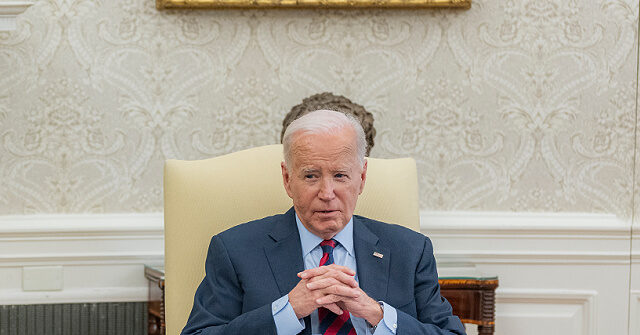






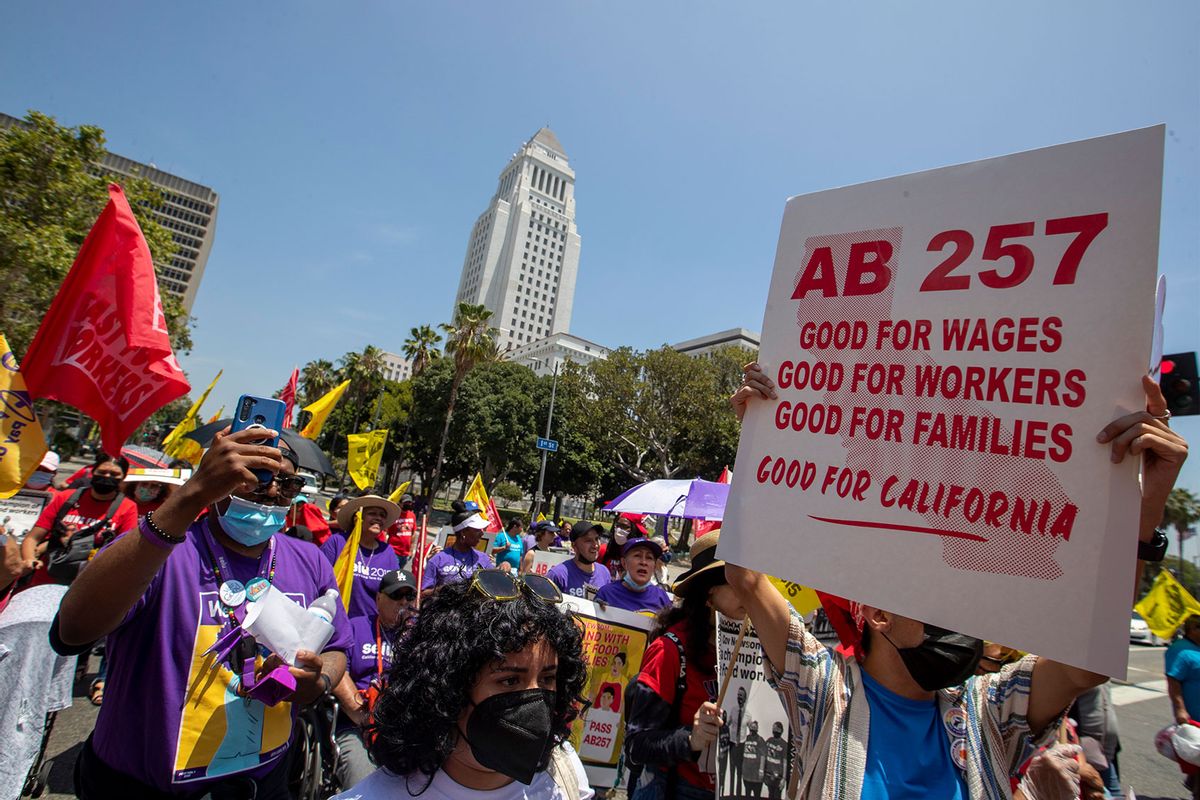

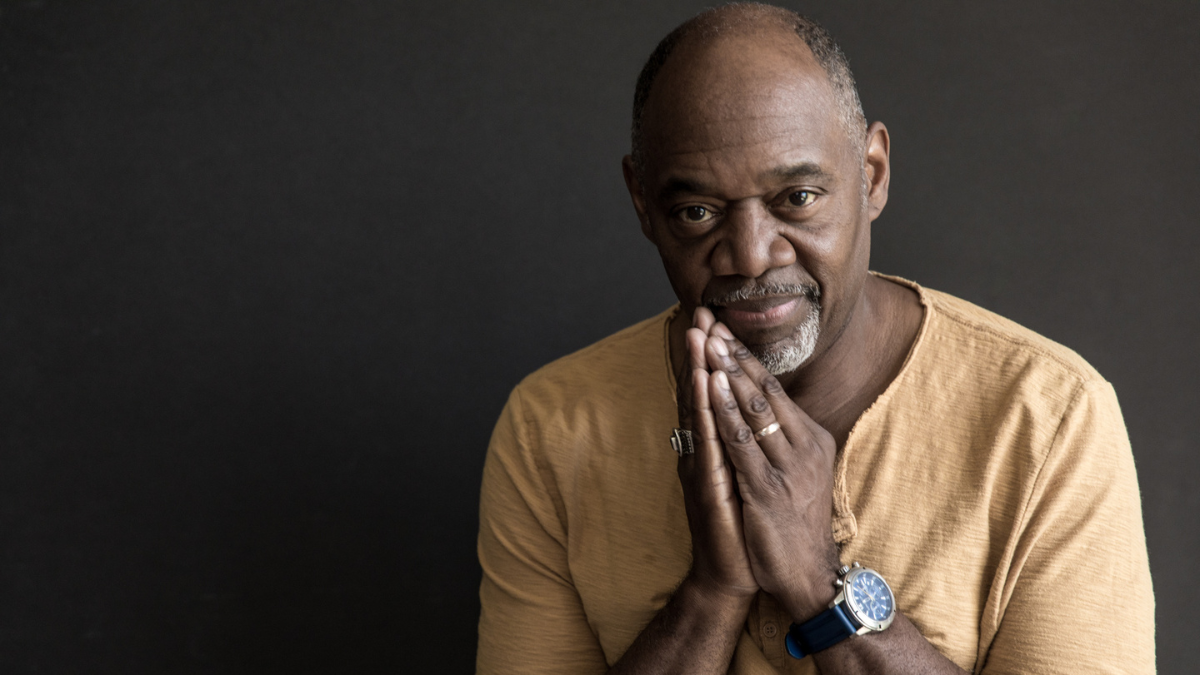
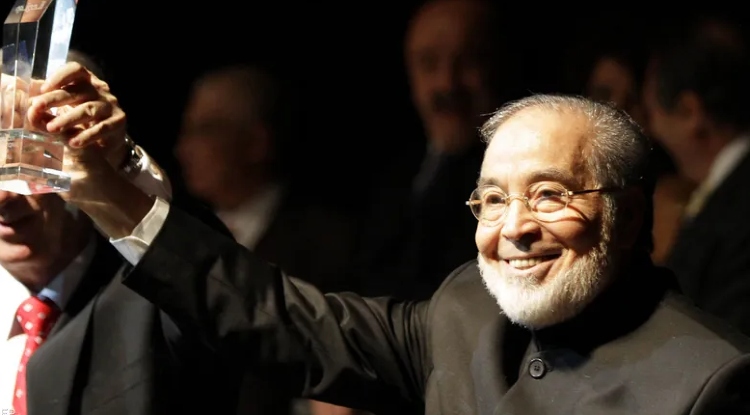

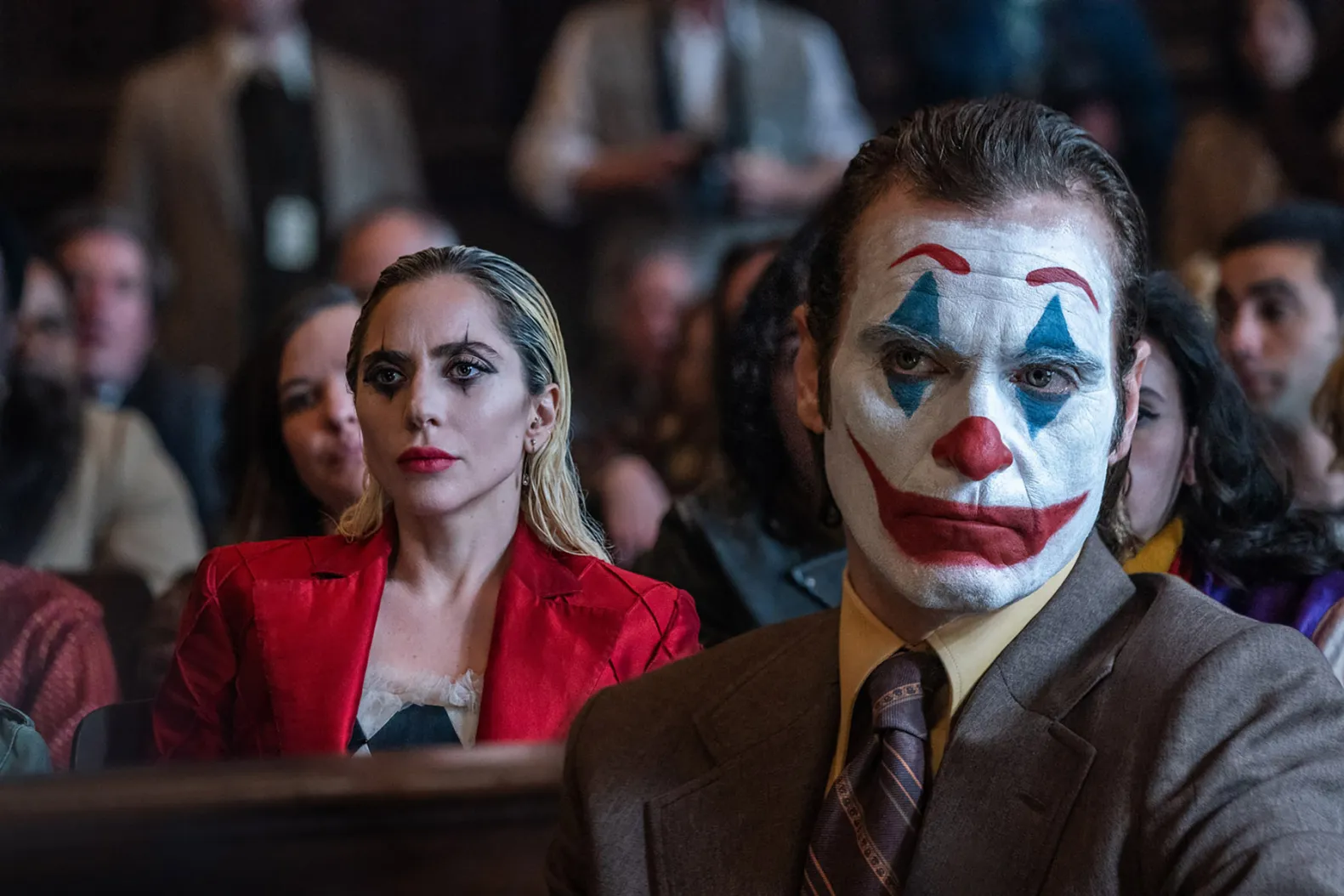
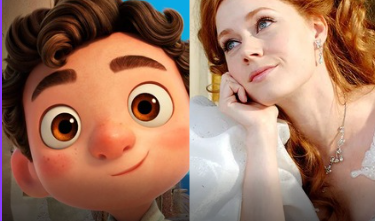






Discussion about this post